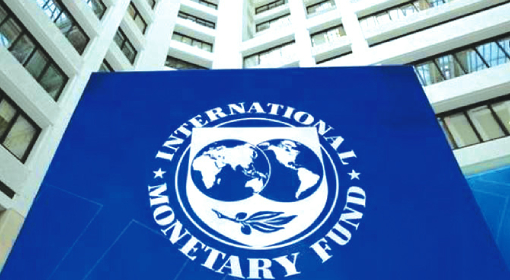New Delhi: After the conflict in Ukraine, the United States imposed sanctions on Russia’s dollar transactions. India and Russia started trading in Rupee-Rouble to avoid the effect on mutual trade. Union Finance Minister Nirmala Sitharaman has said that many countries are eager to do business with Indian Rupee. Sitharaman expressed satisfaction by saying that the Reserve Bank took necessary and timely decisions, making it easier for other countries to transact in rupees. While the Finance Minister was making this claim, Chief Economic Adviser V Anantha Nageswaran expressed confidence that the government did not need to defend the Rupee and believed that the Rupee was capable of taking care of itself.
 Speaking at a conference organized in New Delhi, Union Finance Minister Sitharaman informed that after Russia, many other countries are eager to do business in rupees. This will be beneficial to open up the Indian economy. The finance minister indicated that this would increase India’s trade with other countries. The Finance Minister claimed that the timely steps taken by the Reserve Bank would make it easier for other countries to transact in rupees. At the same time, Finance Minister Sitharaman expressed satisfaction saying that the Indian decision for digitization is proving to be very useful for the transaction in Rupee with other countries.
Speaking at a conference organized in New Delhi, Union Finance Minister Sitharaman informed that after Russia, many other countries are eager to do business in rupees. This will be beneficial to open up the Indian economy. The finance minister indicated that this would increase India’s trade with other countries. The Finance Minister claimed that the timely steps taken by the Reserve Bank would make it easier for other countries to transact in rupees. At the same time, Finance Minister Sitharaman expressed satisfaction saying that the Indian decision for digitization is proving to be very useful for the transaction in Rupee with other countries.
After the Coronavirus pandemic subsided, India took steps to restore the economy by thinking out of the box. This included a policy of making the Indian economy more open while dealing with other countries. For this, India has used its digital platforms more effectively and Sitharaman further added that this has greatly benefited dealings with other countries. Major countries and international investors are investing here, showing more confidence in the Indian economy. Sitharaman also complained that even in such a situation, the Indian industrial sector is not coming forward to invest in the manufacturing sector. Sitharaman asked, ‘Has India’s industrial sector forgotten its power?’
Meanwhile, some economists have claimed that even if India deals in rupees with its other neighbouring countries, except Pakistan, India will save about $30 to $35 billion in foreign exchange per year. Therefore, including the Rupee in India’s trade and transactions with other countries becomes a significant issue. This can lead to large-scale use of the Indian currency internationally. This will further pave the way for the Indian currency to gain international acceptance as the economy continues to perform well.
 Meanwhile, the chief economic adviser of the country, V. Anantha Nageswaran, made a significant announcement regarding the Rupee. Nageswaran said that as the Euro, Yen and other major currencies worldwide depreciate against the dollar, India does not need to defend the Rupee. Nageswaran claimed that the market would determine the value of the Rupee with no need for intervention. This shows India’s confidence in its currency. When dealing with another country’s currency, other countries demand that there should be no government intervention in determining the currency’s value. Against this background, India’s leading economic adviser has been saying that there is no need to defend the Rupee and has told other countries that the Rupee is more reliable and safe.
Meanwhile, the chief economic adviser of the country, V. Anantha Nageswaran, made a significant announcement regarding the Rupee. Nageswaran said that as the Euro, Yen and other major currencies worldwide depreciate against the dollar, India does not need to defend the Rupee. Nageswaran claimed that the market would determine the value of the Rupee with no need for intervention. This shows India’s confidence in its currency. When dealing with another country’s currency, other countries demand that there should be no government intervention in determining the currency’s value. Against this background, India’s leading economic adviser has been saying that there is no need to defend the Rupee and has told other countries that the Rupee is more reliable and safe.
While this message is being given by Finance Minister and Chief Economic Advisers, Commerce Minister Piyush Goyal has also made an eye-catching statement while visiting the United States. Piyush Goyal said that India’s Rupee is proving its mettle the most as currencies of significant countries continue to depreciate against the USD. Therefore, Piyush Goyal has advised that exporters should focus more on the quality of their products and the needs of consumers without paying attention to the depreciation of the Rupee.














